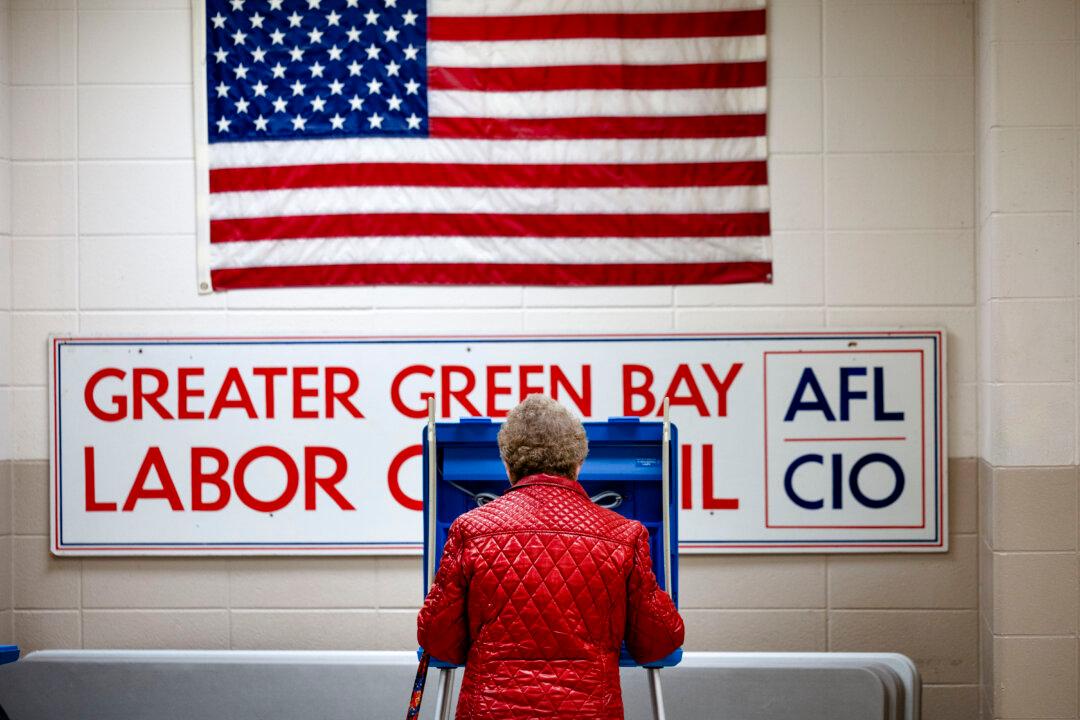The Wisconsin Election Commission is facing a lawsuit seeking an immediate injunction to prevent any further use of MyVote, the state’s online system for voter registration and absentee ballot requests.
The plaintiffs cite serious cybersecurity vulnerabilities that they argue could compromise election integrity and put voters’ personal data at risk.





